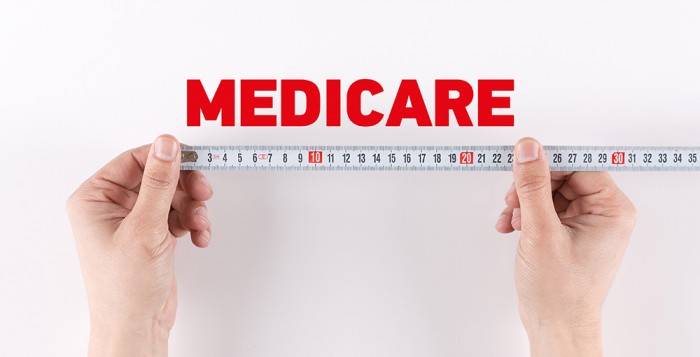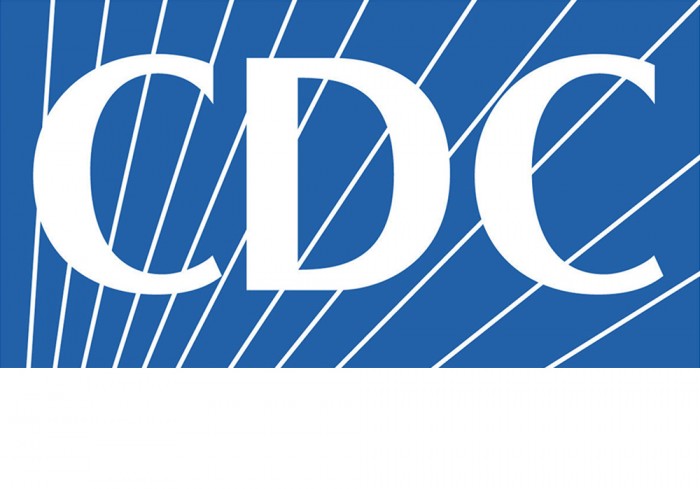The Department of Human Services (DHS) and Department of Health (DOH), in coordination with the Pennsylvania Emergency Management Agency (PEMA) and the Centers for Disease Control and Prevention (CDC), have developed the Regional Response Health Collaboration Program (RRHCP). This program is designed to directly support COVID-19 readiness and response in long-term residential care facilities, including long-term care nursing facilities, personal care homes, and assisted living residences. The program also provides assistance to other DHS-licensed facilities, Adult Living Centers and State Veterans Homes. In addition, the program was developed to improve infection prevention and facilitate continuity of care and other services provided by long-term care facilities in a manner that mitigates risk of spread of COVID-19 to staff and residents.
The RRHCP is a collaboration between DHS and nine regional health collaboratives consisting of health care systems and academic medical centers. The RRHCP is divided into six regions, with a health collaborative responsible for all or a portion of the long-term care facility census in each region which includes:
- Southeast Region:
- Thomas Jefferson University in partnership with Mainline Health and Lehigh Valley Health Network
- University of Pennsylvania in partnership with Temple University Hospital, Inc.
- Northeast Region:
- Geisinger Clinic
- Lehigh Valley Hospital, Inc.
- Southcentral Region:
- The Pennsylvania State University
- Northcentral Region:
- Geisinger Clinic
- Southwest Region:
- UPMC Community Provider Services in partnership with Allegheny Health Network, the Jewish Healthcare Foundation, and the Hospital Council of Western Pennsylvania
- Northwest Region:
- LECOM Health
- UPMC Community Provider Services in partnership with Allegheny Health Network, the Jewish Healthcare Foundation, and the Hospital Council of Western Pennsylvania
The RRHCP will provide operational and administrative support to protect residents in long-term care facilities from COVID-19. It will help facilities implement best practices in infection control, implement contact tracing programs in facilities, support clinical care through on-site and telemedicine services, provide remote monitoring and consultation with physicians, and enhance testing capability for both individuals in care and staff at facilities.
The RRHCP will also assist in identifying alternate care arrangements for hospitalized COVID-19 patients until they are considered no longer infectious and can return to their long-term care residential facilities. Services and assistance offered by the RRHCP include, but are not limited to:
- Establishing a call center with 24/7 access for providers to access clinical consultation and technical assistance;
- Assisting with universal testing;
- Providing expertise in infection control;
- Deploying rapid response teams in case of emergency in conjunction with DOH, DHS and PEMA;
- Assessing the facility’s capability and capacity to prevent and to respond to a COVID-19 outbreak, including review of policies and procedures to prevent introduction of COVID-19 into the facility, fundamental infection control practices, and its readiness to respond to an outbreak of COVID-19;
- Assisting facilities with ensuring hazard response plans are in place;
- Reviewing the process for behavioral health assessments;
- Providing emergency preparedness for personal protective equipment assessment and coordination;
- Establishing a statewide educational support resource for providers to have access to state and national resources;
- Assisting providers with staff augmentation when needed;
- Working with DOH and DHS to conduct contact tracing;
- Assisting providers in developing and implementing plans for alternate care settings for residents if outbreaks of COVID-19 occur at their facility; and
- Providing software and technical support to facilities to support two-way communication between residents and their families.
The RRHCP is based on the Educational Support and Clinical Coaching Program (ESCCP), a learning network that provided technical assistance and educational support to long-term care facilities in light of the current pandemic.
An introductory webinar has been scheduled for Friday, July 24, 2020 from 9:00 am – 10:00 am. The webinar, “Support for Long-Term Care Nursing Homes, Personal Care and Assisted Living Facilities, is open to all provider types and all members are encouraged to participate to learn more about this program. The webinar information is provided below:
Login: Webex Link
Password: DHS2020
Call-in: 1-844-621-3956
Event Number and Access Code: 145 274 9024
Please contact this email for DOH questions or use this email for DHS questions.
















